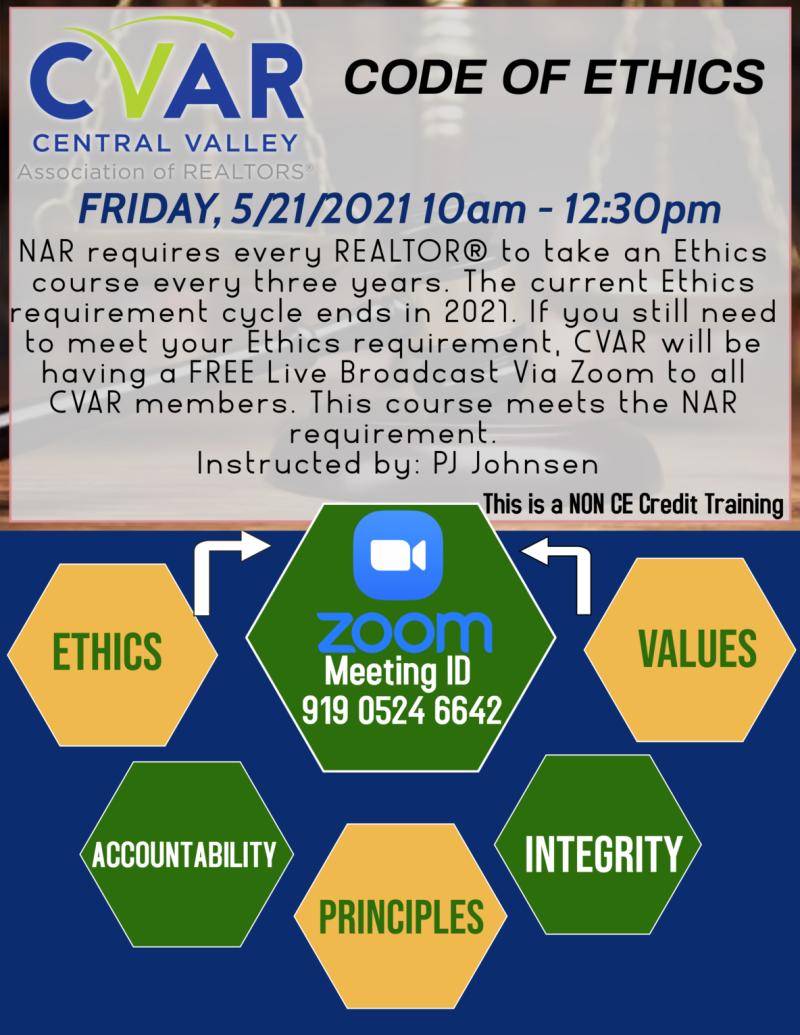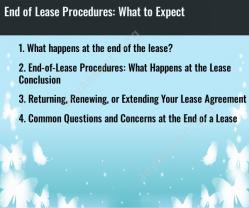Who enforces the NAR code of ethics?
The National Association of Realtors (NAR) Code of Ethics is enforced by the local associations and boards affiliated with NAR. NAR is a professional organization for real estate agents and brokers in the United States, and its members voluntarily agree to abide by the NAR Code of Ethics as a condition of membership.
Here's how the enforcement typically works:
Local Associations and Boards:
- NAR is organized into local associations and boards, which are part of the larger structure of state associations and the national association. Each local association or board typically has a Professional Standards Committee responsible for enforcing the NAR Code of Ethics.
Professional Standards Committees:
- Professional Standards Committees are composed of real estate professionals who are members of the local association or board. These committees are responsible for handling ethics complaints and conducting hearings when necessary.
Ethics Complaint Process:
- When someone believes that a NAR member has violated the Code of Ethics, they can file a complaint with the local association or board where the real estate professional is a member. The complaint is then reviewed by the Professional Standards Committee.
Mediation and Hearing Process:
- The Professional Standards Committee may attempt to mediate the dispute or, if necessary, conduct a formal ethics hearing to determine whether a violation has occurred.
Sanctions and Disciplinary Actions:
- If a violation is found, the local association or board has the authority to impose disciplinary actions or sanctions. These actions can range from fines and education requirements to suspension or expulsion from the association.
Appeals Process:
- Both the complainant and the accused have the right to appeal decisions made by the local association or board. Appeals are typically heard by the state association or NAR itself.
It's important to note that enforcement procedures and specific processes may vary by local association or board. The goal of the enforcement process is to uphold the standards of professionalism outlined in the NAR Code of Ethics and to maintain the integrity of the real estate profession.
Real estate professionals who are members of NAR are expected to conduct themselves in accordance with the Code of Ethics, and the enforcement process helps ensure accountability within the real estate industry.
Which entity or organization oversees enforcement of the NAR (National Association of Realtors) code of ethics?
Enforcement of the National Association of Realtors (NAR) Code of Ethics is a multi-layered process involving different entities and organizations at various levels:
Member Boards and State Associations:
- The primary responsibility for enforcing the Code of Ethics lies with local Member Boards and State Associations affiliated with the NAR. These entities have their own grievance and professional standards committees that investigate complaints against members and potentially impose sanctions if violations are found.
- Member Boards have a significant degree of autonomy in handling ethics complaints, with their decisions often serving as the final judgment. However, they must ultimately uphold the principles and procedures outlined in the NAR Code of Ethics.
Professional Standards Committee:
- The NAR has its own Professional Standards Committee (PSC) that plays a crucial role in interpreting the Code of Ethics and establishing appropriate enforcement procedures.
- The PSC provides guidance and resources to Member Boards and State Associations on handling ethics complaints. It also reviews appeals from members who have been disciplined by their local boards.
- The PSC plays a vital role in ensuring consistent and fair application of the Code of Ethics across the entire NAR membership.
National Association of Realtors:
- Ultimately, the NAR has the authority to revoke the membership of Realtors who violate the Code of Ethics and fail to comply with sanctions imposed by their local boards or the PSC.
- The NAR also provides educational resources and training programs to help Realtors understand and comply with the Code of Ethics.
Additional Enforcement Mechanisms:
- Some states have additional regulations or laws governing real estate practice that may overlap with the NAR Code of Ethics. In such cases, violations of the Code could also lead to sanctions under state law.
- Depending on the nature of the alleged violation, law enforcement agencies might also get involved in certain cases.
In summary, enforcement of the NAR Code of Ethics is a collaborative effort involving Member Boards, State Associations, the NAR Professional Standards Committee, and the NAR itself. This multi-layered system ensures that Realtors are held accountable for their professional conduct and that the Code of Ethics is upheld throughout the industry.
I hope this explanation clarifies the various entities involved in enforcing the NAR Code of Ethics. Feel free to ask if you have any further questions about this topic!











